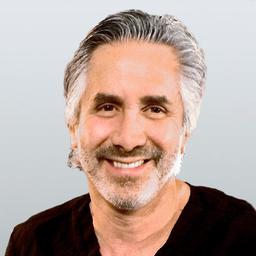You could barely hear the footsteps down the hall, it was more like shuffling. Eventually, it grew louder and then came to a brief stop in front of my mother’s hospital room door. There was no knock, just an entourage of physicians walking through. My mother was in one of her last battles against breast cancer. I was sitting in a pale green chair next to her. This was an almost daily ritual that hot summer of 1973 in Detroit’s Grace Hospital.
She had been sick for several years now and we all knew the end of the fight was near. In those days, most women died from breast cancer. Amazing what a generation of medical advances can do. Dr. Michael Sampson was the lead physician on those rounds and was my mother’s physician. After some questions from the team, the group turned to leave and Sampson turned to me. “Did you eat lunch yet?”






